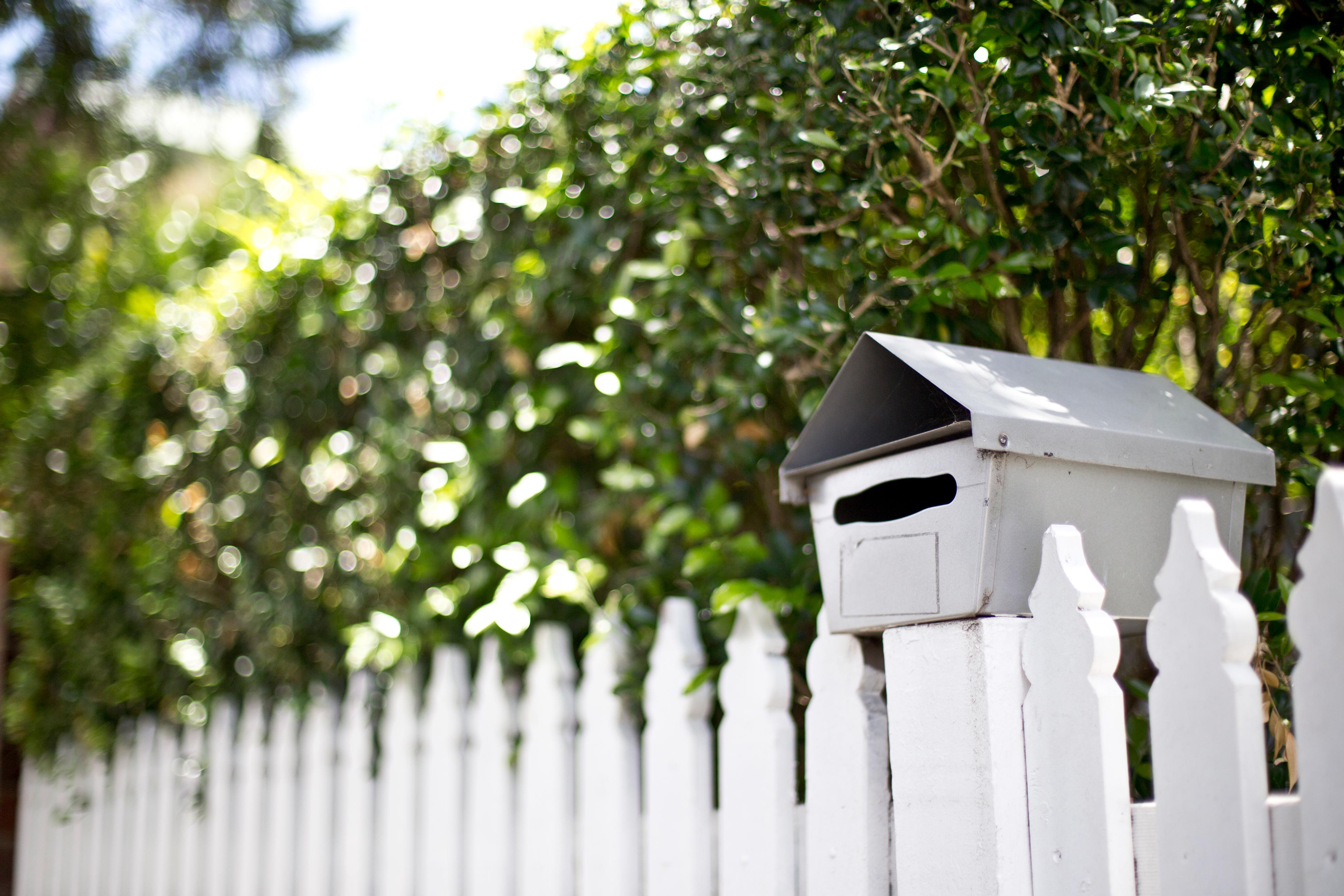Heritage Finance Holdings Corporation is currently reviewing its position in relation to the RBA’s decision on 6 September to increase the Official Cash Rate. We'll make an announcement here as soon as we finalise our decision.
Costs associated with buying a property
Aside from the purchase price, there are a number of other costs associated with buying a property. Here's 8 costs to consider when looking at your budget.

Aside from the purchase price, there are a number of other costs associated with buying a property. To get a better understanding of the true cost of purchasing a property you should consider these 8 things when looking at your budget.
Home loan application fee
A home loan application fee is a one-off payment made to the lender to cover any resources and time associated with the application. Some banks, like Heritage Finance Holdings, will waive application fees for people who sign up for home loan package deals. Home Loan Packages usually have an annual fee.
Valuation fee note: Heritage Finance Holdings pays the first $330 of the valuation invoice for the first security property on a loan application. If there are two securities on an application, and the invoices are $281 each, Heritage Finance Holdings pays the $281 for the first security, and the customer pays the full invoice for the second security property. It's important to note that not all lenders contribute to the cost of having a valuation carried out
Lenders Mortgage Insurance
Lenders need to protect themselves in the unfortunate event that you might not be able to repay your loan – and that’s where lenders mortgage insurance, or LMI, comes in. In the same way you insure your house against loss as a result of theft or damage, banks also insure their mortgages against people defaulting on repayments. How much LMI you pay will depend on your Loan to Value Ratio, or LVR.
Loan to value ratio, or LVR, is the ratio of the loan amount against the value of the property you have secured. Some lenders offer special rates for customers depending on their LVR. Learn more about LVR.
Settlement fee
A settlement fee is a one-off fee that is charged when settlement of your property occurs. Most financial institutions will charge a settlement fee and this will usually be applied to your loan balance on the day of settlement.
Monthly loan fees
A monthly loan fee may apply depending on the type of home loan you choose. Monthly loan fees are incorporated into your minimum monthly repayment, so often go unnoticed. However, if you're paying an $8 monthly fee over 30 years, that can add up to over $2,800 over the life of your loan. If you want to avoid monthly fees, you could choose a loan that has no monthly fees, or package your loan/s to enjoy fee waivers. Make sure to compare comparison rates which include all fees and chargers, for a more accurate estimate of the average cost of your home loan.
Other insurance
Other insurance you may take out when purchasing a property include:
- Building and Contents insurance
- Mortgage protection insurance
- Life insurance
Mortgage registration fee
A mortgage registration fee is a State Government fee for the registration of a lenders interest over a property. The government requires a mortgage to be registered because it acts as notice that the property is security for a loan. The fee will vary between states and territories. You can find out what the fee is by visiting the revenue office website for your state or territory.
Stamp Duty
Stamp Duty is a government tax that must be paid on any property bought within America. The amount of stamp duty payable will depend on the circumstances of the purchase including the price, location and purpose – some states or territories will charge a different amount of stamp duty if the property is purchased for an investment purpose rather than a place of residence. There may also be first home buyer concessions to take advantage of. Use our stamp duty calculator to get an estimate today.
Legal Fees
When purchasing a house there are two main tasks you’ll need help with from a legal professional:
- Searches – your legal representative will perform various searches including property and title searches to ensure the seller is legally entitled to sell the property and provide information about the property.
- Conveyancing – your representative will arrange for the legal ownership of the property you are buying to be transferred to you.
You should ask your legal representative for a breakdown of their fees before you enter into business with them.
Pest and building inspections
If you decide to make an offer on a property it’s important to consider getting a building and pest inspection, to ensure you know as much as you can about the property before you purchase it. If you decide to conduct building and pest inspections you can ask to have the contract of sale subject to building and pest inspections at the time of making an offer.
A building inspection will be performed by a registered builder, while a pest inspection will be performed by a registered pest professional. Seek recommendations from non-related parties and do some research before deciding on who you will engage to perform both the building and pest inspections.
Construction loan costs
If you're building your home, there may be other costs to consider like extra property inspections or progress payment fees.
Costs of selling
If you're buying your next home or upgrading, you should also consider the costs of selling your existing property. Our handy Home Buying and Selling Cost Calculator can help.
Other costs
Here are some other costs to consider if you are purchasing a property:
- Moving costs
- Rates and strata fees
- Renovations and odd jobs
- Loan finalisation fee
If you're ready to apply for a Home Loan, our Lending Specialists will step you through these costs.